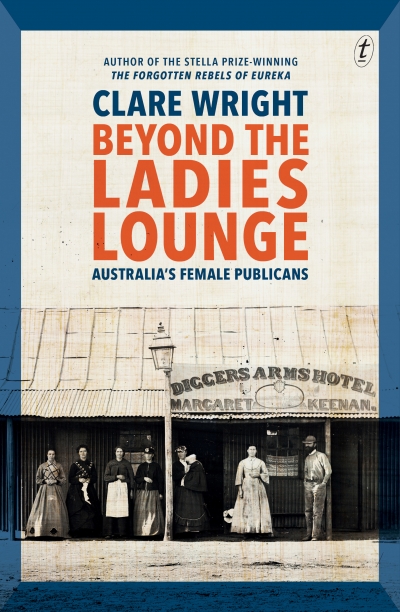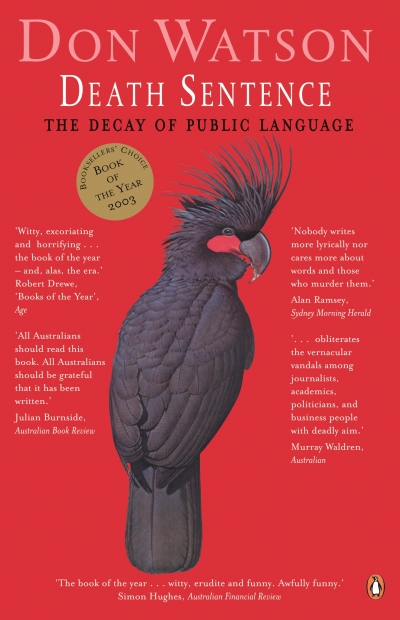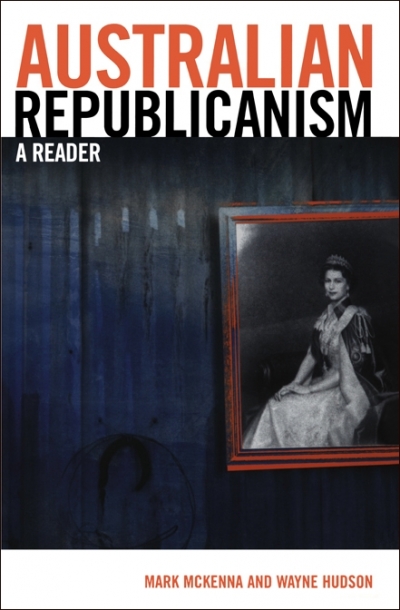Accessibility Tools
- Content scaling 100%
- Font size 100%
- Line height 100%
- Letter spacing 100%
Archive
George Orwell, born in 1903, was the child of a British Empire civil service family with long Burmese connections, which belonged, as he put it with characteristic precision and drollery, to the lower upper middle class. By the time he went to fight against fascism in Spain in 1936, he had already quit his job in the Burmese colonial police, attempted to drop out of the English class system, and become a writer and a socialist of a notably independent, indeed idiosyncratic, kind.
... (read more)December 2003 | Letters
Unambiguous rodomontade
Dear Editor,
I have not read Elliot Perlman’s new novel, but I was startled by the bilious tone of Peter Craven’s review (ABR, November 2003). It seems to me that whatever critical flaws the book may have could have been elaborated without applying the blowtorch as intensely and personally as Craven did. If Seven Types of Ambiguity was a polemic, Craven’s rodomontade might have been perfectly appropriate, but I thought that he was unfairly harsh. From my impressions, the book is ambitious and no doubt cost Perlman many buckets of sweat and blood to write. Is it not better to encourage literary ambition than to crush it, even when it, in Craven’s estimation, does not succeed?
Hugh Dillon, Drummoyne, NSW
... (read more)Orwell's Australia: From cold war to culture wars by Dennis Glover
Peripheral Light: Selected and New Poems by John Kinsella
Beyond the Ladies Lounge: Australia's female publicans by Clare Wright
Death Sentence: The decay of public language by Don Watson
What’s Wrong With The Liberal Party? by Greg Barns
The nexus between ABR and La Trobe University has always been strong, and our summer issue is a good example of this, with a long essay on George Orwell’s enduring influence by Robert Manne, Professor of Politics at La Trobe University (pictured in the next column with Professor Michael Osborne, Vice-Chancellor (centre), and Peter Rose, Editor of ABR). Two years ago, La Trobe University became ABR’s chief sponsor, an arrangement that has had immense intellectual and other benefits for the magazine. The partnership grows stronger all the time, and we were delighted when the university renewed its sponsorship last month. Full de-tails of the 2004 La Trobe University/Australian Book Review Annual Lecture, and other collaborative events, will follow in due course.
... (read more)






